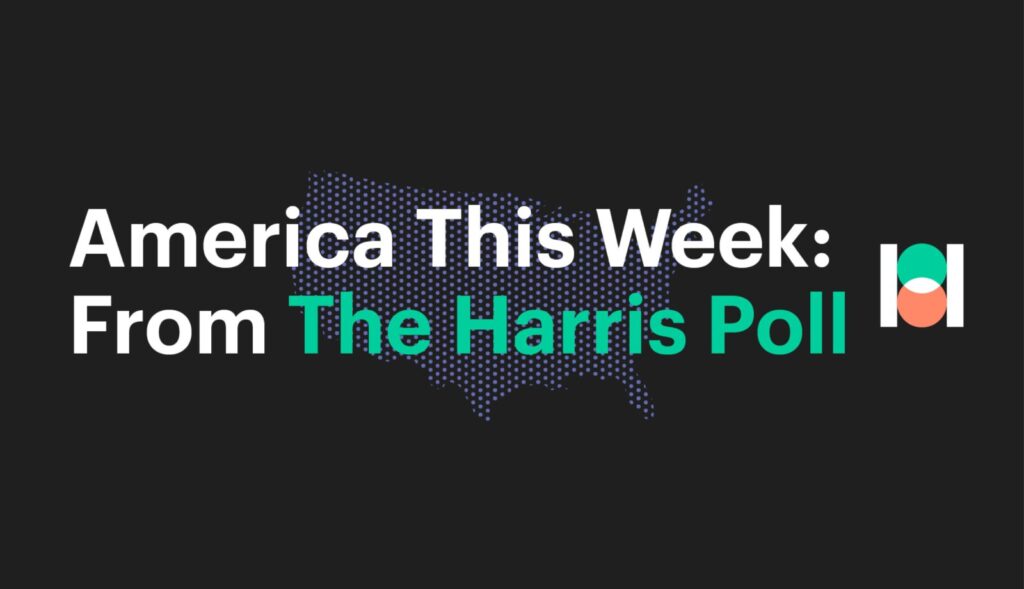Brief • 1 min Read

A recent survey conducted by The Harris Poll on behalf of Fast Company finds that most parents see value in obtaining post-high school education, but some have not started to save for their children’s tertiary schooling.
Most parents will save for their child’s post-high school education.
More than half (56%) of parents with children under the age of 18 and prospective parents (i.e., those who do not have children but plan to in the future) have started saving for their children’s post-high school education. Perhaps unsurprisingly, parents with children under the age of 18 are significantly more likely than prospective parents to have started saving (62% of current parents vs. 36% of prospective parents).
Most current and prospective parents who have not started saving yet still plan to begin saving for their children’s educational future. Among those who have not started saving, 68% report that they are at least somewhat likely to do so before their child graduate high school.
There is certainly some cultural pressure for parents to financially contribute to their children’s education. Two-thirds (66%) of Americans agree that parents have an obligation to save for their child’s education.
Sixty-four percent of parents and prospective parents who have started saving or are at least somewhat likely to do so in the future agree that they know about how much they would like to set aside; 50% plan to save less than $50,000. Parents who have already started to save have higher savings goals, most often saying they plan to save anywhere from $75,000 and $99,999.
Personal financial situation often dictates parents’ ability to save for their child’s higher education.
Being able to begin saving for their children’s education is a luxury to some. Of the 32% of parents with children under the age of 18 who have not started to save, 50% (compared to the 43% average of all parents with children under 18 and prospective parents) cite that they have not done so because they cannot currently afford to. Twenty-nine percent of parents report that paying off other debts (e.g., student loans, medical debt) has prevented them from beginning to save.
Having student loan debt does not seem to matter to parents when it comes to saving for post-high school education. Parents with their own student debt are neither more nor less likely to have started saving than those without student debt (64% and 60%, respectively).
While most current and prospective parents plan to financially contribute to their children’s education, most also recognize that they cannot afford it on their own. A majority (59%) of parents and prospective parents agree that their children will not be able to afford a post-high school education without some financial aid (e.g., scholarships, grants).
In general, people do see the value in receiving a higher education, but they also recognize that it can come at a significant cost.
Higher education is still viewed as essential to most Americans. Three-quarters (74%) of all U.S. adults agree that some form of higher education (e.g., trade school, college degree) is essential to future success. Similarly, 61% agree that a college degree is essential.
However, higher education comes at a cost. That cost has affected the ability of some Americans to receive post-high school education. About half (51%) of all U.S. adults agree that the costs associated with higher education impacted their ability to pursue education after high school. Another 68% agree that the costs have affected someone that they know in a similar manner.
Community college is a viable option for parents and students who want affordable post-high school education. With proposals in legislative bills such as the Build Back Better Plan, the cost of attending community college could soon diminish even more. Americans are on board with this idea, with 72% agreeing that community college should be free to attend.
Methodology
This survey was conducted online within the United States by The Harris Poll on behalf of Fast Company during December 10-13, 2021, among 1,069 US adults ages 18 and older. This online survey is not based on a probability sample and therefore no estimate of theoretical sampling error can be calculated. Figures for age, sex, race/ethnicity, education, region and household income were weighted where necessary to bring them into line with their actual proportions in the population. Propensity score weighting was used to adjust for respondents’ propensity to be online. For more information on methodology, please contact Madelyn Franz or Andrew Laningham.
Subscribe for more Insights
Subscribe to our newsletter for the latest trends in business, politics, culture, and more.
Download the Data
Get the full data tabs for this survey conducted online within the United States by The Harris Poll on behalf of Fast Company between December 10-13, 2021, among 1,069 U.S. adults ages 18 and older.
Download
Subscribe for more Insights
Subscribe to our newsletter for the latest trends in business, politics, culture, and more.
Download the Data
Get the full data tabs for this survey conducted online within the United States by The Harris Poll on behalf of Fast Company between December 10-13, 2021, among 1,069 U.S. adults ages 18 and older.
DownloadRelated Content








